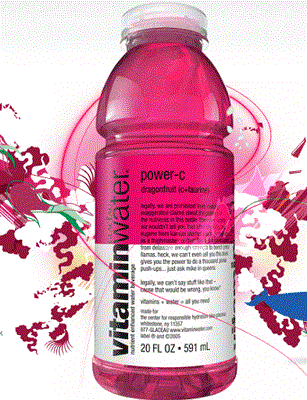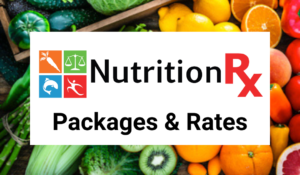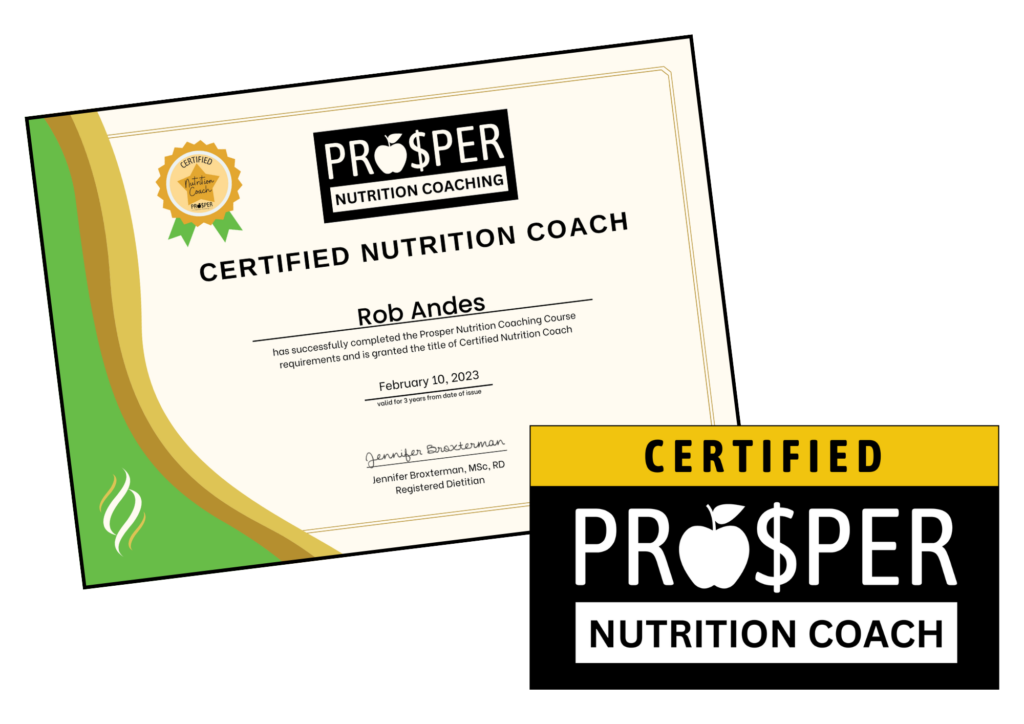

Vitamin Water, aka Sugar Water
Written by: Jennifer Broxterman,
Registered Dietitian & Sports Nutritionist
Assistant Writers: Andrea Doherty & Lisa Doerr, BScH Foods & Nutrition students
NutritionRx | www.nutritionrx.ca
Email: info@nutritionrx.ca
From the makers of Coca Cola, Vitamin Water has become increasingly popular as it claims to be a healthy alternative to soft drinks. Promising to make you feel fresher, smarter, and younger-looking, it is being downed by consumers as if it’s the miracle product we’ve all been waiting for.
While soft drinks may not have many vitamins, the sugar content of these two drinks is not very different. A 591 mL bottle of Vitamin Water contains around 33 grams of sugar, equivalent to almost 7 teaspoons’ worth of the teeth-rotting white stuff! Compare that to a 355 mL can of Coke, which contains 39 grams of sugar or about 8 teaspoons’ worth, and there isn’t much of a difference.
What’s extra sneaky about Vitamin Water is that the nutrition label does not explicitly state the total amount of sugar contained in the drink. Vitamin Water is sold in a 591 mL plastic bottle, although the suggested serving size on the Nutrition Facts Table is listed as only 240 mL (8 fluid ounces). Most people don’t stop drinking when they’ve consumed the 240 mL serving size (representing 40% of the bottle), so they end up getting a lot more sugar than they bargained for.
True to its marketing, Vitamin Water does contain added vitamins. One bottle alone does not offer enough to meet your daily requirements, and the label suggests drinking 1-2 Vitamins Waters per day. For the price tag of two Vitamin Waters, you could buy a month’s worth of multivitamins from your local drug store. The majority of the vitamins infused into the Vitamin Water are water-soluble, resulting in very expensive urine as the body flushes any excess water-soluble vitamins through its system. None of the Vitamin Water flavours contain vitamin D or folic acid, two of the most common deficiencies in the Canadian diet, and in order to optimally absorb the fat-soluble antioxidant vitamins provided such as vitamins A and E, you would have to drink the Vitamin Water alongside a meal containing fat. Keep in mind as well that prolonged storage of Vitamin Water may even cause a loss of viability of some of the vitamins it contains.
Don’t be fooled by fancy marketing, Vitamin Water provides unnecessary calories and extra sugar to the diet. Instead, stick with plain water to quench your thirst and save you money. By eating a variety of fruits, vegetables, whole grains, nuts and seeds, legumes, lean meats and seafood, and low-fat dairy products, you’ll easily meet your daily vitamin and mineral requirements without having to pay for an over-priced beverage.
Sample Label from a Vitamin Water (from: http://www.vitaminwatercanada.ca/blog/varieties):
Wishing you health & happiness,
♡ Jen
Jennifer Broxterman, MSc, RD
Registered Dietitian
NutritionRx: happy, healthy living with our team of Registered Dietitians
Prosper Nutrition Coaching: a world-class nutrition coaching certification
+
+
+
Want to work with a NutritionRx Registered Dietitian?
Learn more here: Nutrition Packages & Rates
+
+
+
Want to become a Certified Nutrition Coach?
Learn more about our habits-based Prosper Nutrition Certification




